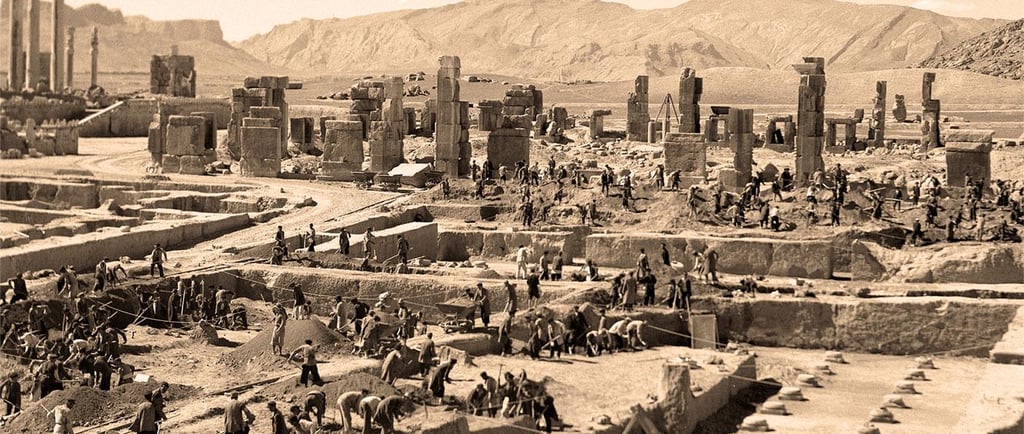Do You Know How Civilizations Began
#DoYouKnow, #AncientHistory, #Civilizations, #HumanEvolution, #WorldHistory, #HistoryFacts, #CultureAndHeritage, #KnowledgeSharing
KNOWLEDGE & EDUCATION
7/20/20252 min read


Do you know that the rise of civilizations transformed humans from wandering hunters to creators of complex societies? Civilizations are the foundations of human progress—responsible for writing systems, organized governments, and technological innovations. But how did they all start? Let’s explore the story of humanity’s shift from survival to structured living.
1. Life Before Civilizations
For most of human history, our ancestors lived as hunter-gatherers, moving from place to place in search of food. They relied on tools made of stone, wood, and bones. These groups were small and lived off what nature provided. There was no concept of ownership, permanent homes, or large social structures.
2. The Agricultural Revolution
About 10,000 years ago, a dramatic change occurred—known as the Neolithic Revolution. People discovered farming and animal domestication. Key developments included:
Cultivation of crops like wheat, rice, and barley.
Domestication of animals such as goats, sheep, and cattle.
Settling in permanent villages.
Agriculture provided a stable food supply, which allowed populations to grow and societies to form.
3. Birth of the First Civilizations
The first known civilizations arose in fertile regions where water and rich soil made farming easier. These include:
Mesopotamia (between the Tigris and Euphrates rivers).
Egypt (along the Nile).
Indus Valley Civilization (modern India and Pakistan).
China (Yellow River region).
4. Key Features of Civilizations
Civilizations developed several characteristics that set them apart:
Cities – Large settlements with organized infrastructure.
Government – Leaders and laws to maintain order.
Writing Systems – Cuneiform in Mesopotamia, hieroglyphics in Egypt.
Trade & Economy – Exchange of goods between regions.
Art & Architecture – Temples, pyramids, and cultural expressions.
5. The Role of Religion and Culture
Religion played a key role in unifying people, guiding moral values, and explaining natural events. Temples and monuments were built to honor gods, and priests often held great power.
6. Why Did Civilizations Rise?
Civilizations were born out of:
Need for cooperation in farming.
Defense against enemies.
The desire for trade and resources.
Social organization to manage large populations.
7. What Can We Learn Today?
Studying early civilizations teaches us about innovation, teamwork, and the importance of sustainable living. Our modern cities still follow the blueprint laid down thousands of years ago.
Conclusion
Do you know that the inventions of early civilizations—like writing, farming, and trade—still influence us every day? From city planning to communication, the roots of modern society are found in these ancient foundations.
Knowledge
Empowering minds with reliable educational content daily.
Newsletter Signup
© 2025 DoYouKnow. All rights reserved.
Stay Ahead of the Trends – Join Our Newsletter
